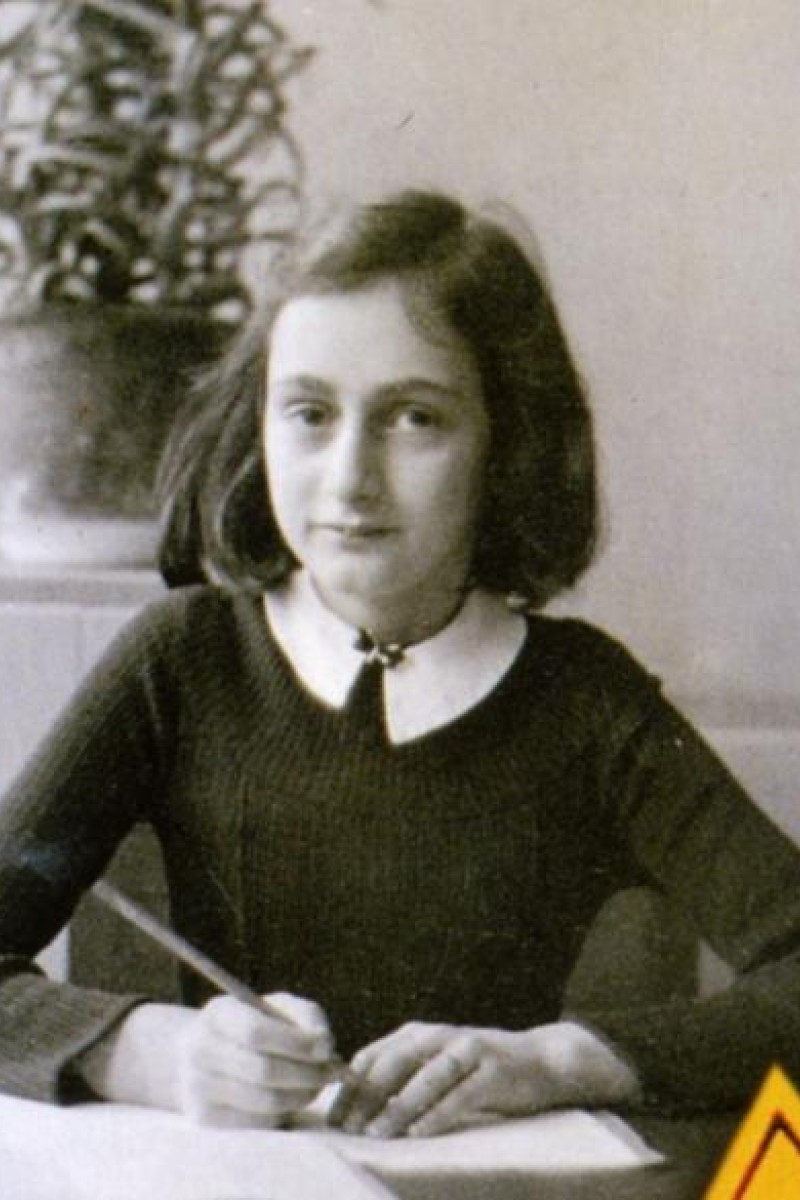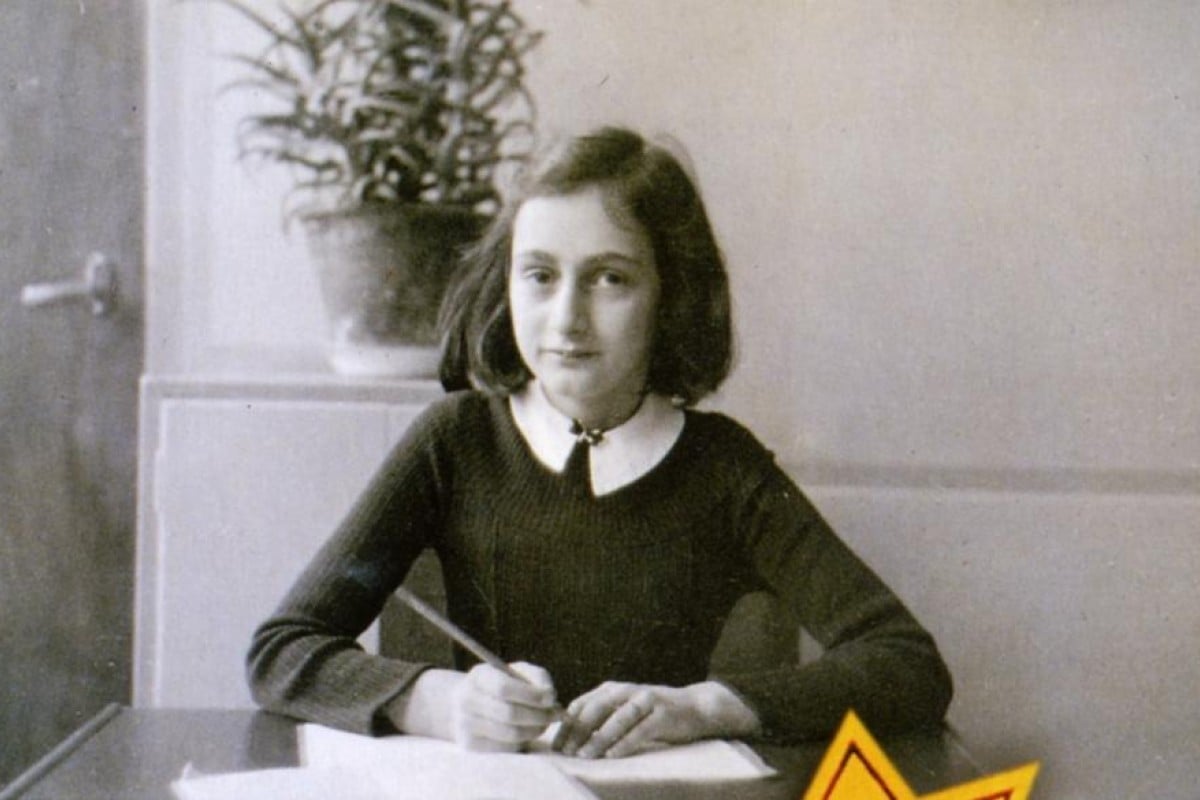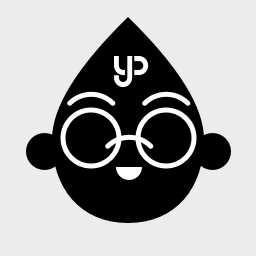
Why we need to remember and value Anne Frank, diversity and tolerance more than ever
The Anne Frank House in the Netherlands is a haunting reminder of the Holocaust

Would you pay for nothing? What about a tour of nothing? According to Ronald Leopold, Executive Director of the Anne Frank House in Amsterdam, in the Netherlands, more than 1.2 million people did exactly that in 2017, even if it meant having to queue up for hours.
“This is not unusual,” Leopold explained. “The Anne Frank House is the most famous nothing in the world." It is a symbol of the emptiness that Holocaust victim Anne Frank – and all those oppressed – faced as a result of intolerance.
Leopold was in Hong Kong for Holocaust Remembrance Day, where he gave a speech at the Jewish Community Centre that paid homage to Anne Frank and the children of the Holocaust – the murder of six million Jews by Germany’s Nazi regime during the second world war.
The event was organised by the Hong Kong Holocaust and Tolerance Centre.
Although a deeply sensitive subject, spirits were high; many descendants of Holocaust survivors attended the gathering, taking pride in their heritage.
Leopold strongly believes that although the Holocaust is behind us, its legacy needs to be preserved, serving as a reminder of the dangers of discrimination.
In particular, Leopold has faith in the young people of today, as well as future generations, to keep alive the lessons of the past.
“I may be a director, but [the youth] are the ones with power,” he said, adding that “when you save one child, you save the world”.
Leopold doesn’t see his work as particularly praiseworthy, but rather his duty. “We are creating solutions that will not necessarily take us to heaven, but will keep us from hell.”
Nicholas Zhang, 16, Lancing College, Britain
Early on during our discussion with Leopold, he explained that his experiences as a child and young adult were pivotal in his decision to become the executive director of the Anne Frank House. Born in the Netherlands in the 1960s, he said: “Any mention of the Holocaust was a taboo, as sharp divides still existed within society.”
Having read The Diary of Anne Frank as a child, Leopold was encouraged to spread her story through his role at the Anne Frank House, which he said was not a career move, but a vocational one.
Leopold also emphasised that educating young people about the Holocaust was a fundamental goal of the Anne Frank House, noting that the museum has worked with more than 100,000 young people in some 40 countries around the world. He added that around 50 per cent of all visitors to the museum are below the age of 30.
He said it’s important for young people to value inclusion and diversity, given that one of the main reasons for global conflicts is the inability to accept those who are different from us, and the exaggeration of prejudices against races and ethnicities.
Indeed, the onus is on young people to create societies where people can live both safely and freely regardless of race or religion, he said.
Leopold’s work has taken him all over the world, but he was still blown away by Hong Kong’s vibrant culture, scenery, and great food.
He described the city as “jaw-dropping”. He added that he would love to come back here in the future.
Anne Frank remains an iconic symbol of youth, hope, and tolerance.
Finally, Leopold left us with this sentiment taken from Anne Frank’s father, Otto: “We are different but we could get along very nicely with each other.”
Abhay Venkitaraman, 14, King George V School
Edited by charlotte Ames-Ettridge
